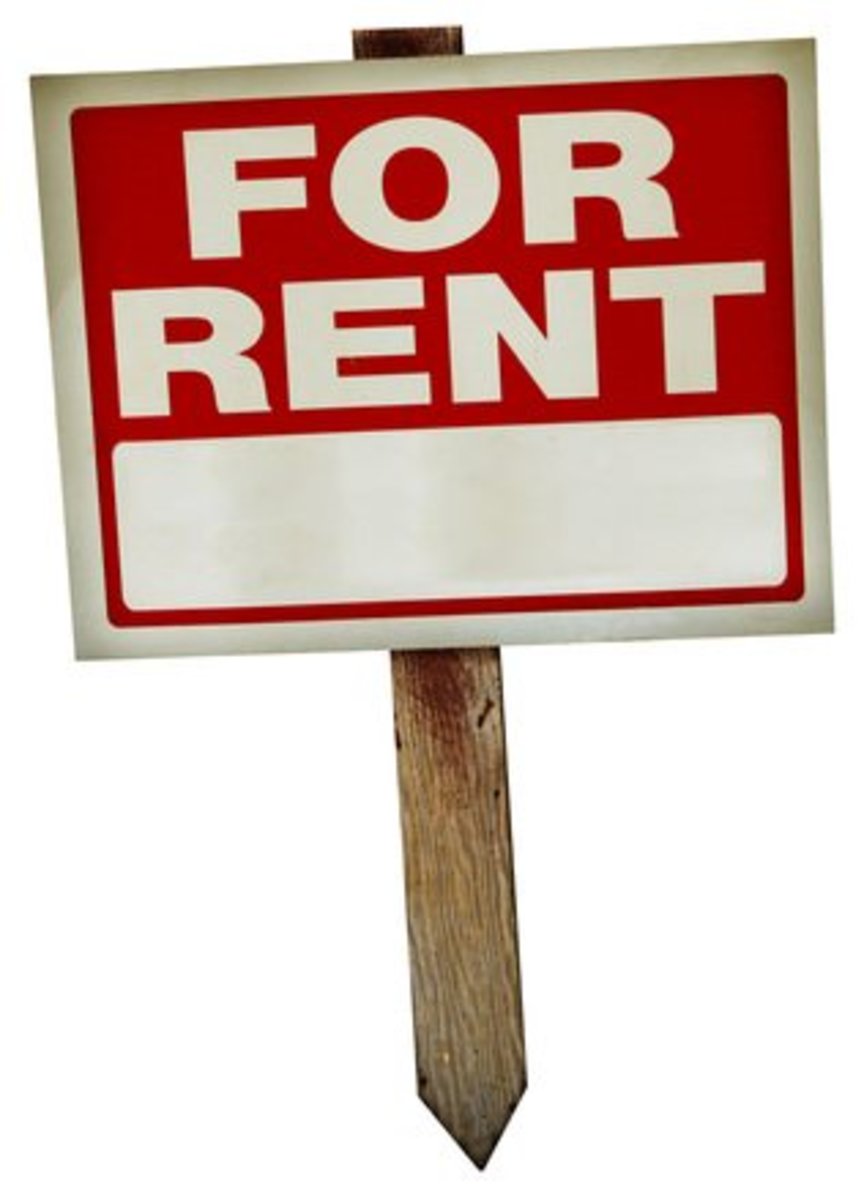Income Discrimination, Section 8 and Housing Choice Vouchers, and the Law
What Is Income Discrimination?
Income discrimination is the term used for a landlord refusing to rent to someone whose income does not come from paid employment.
While income discrimination tend to focus on the lack of landlords that don’t accept Section 8 vouchers, also known as Housing Choice Vouchers, income discrimination includes discrimination when refusing to rent to those whose stated income includes vouchers, Social Security Disability Income, Supplemental Security Income (SSI), unemployment insurance, alimony or veteran’s benefits.
Is Income Discrimination Legal?
A few states outlaw income discrimination; as of this writing, they are Connecticut, Massachusetts, New Jersey and Maryland. In those states, a landlord is required by law to rent to current tenants or new tenants eligible for housing vouchers or become eligible after signing the lease. In short, income discrimination against housing vouchers is illegal in those states in almost all cases, though exceptions exist for landlords who are renting out a room, live in one unit of a duplex or rent out properties that cannot meet HUD standards.
In all other states, landlords can refuse to join the Section 8 / Housing Choice Voucher program and decline housing vouchers as payment.
Across the United States, income discrimination regulations vary based on the jurisdiction, and these laws are constantly changing. A number of municipalities prohibit income discrimination, such as Redmond, Washington and Chicago, Illinois. Austin, Texas passed an ordinance in late 2014 to amend its housing discrimination ordinance to include income as a protected class. In mid-2015, the Texas legislature passed a law that bans local ordinances from adding income as a protected class.

Can Landlords Refuse to Accept Housing Vouchers?
Landlords are not required by law to participate in the Section 8 / Housing Choice Voucher program in 46 of the 50 states. The states that mandate acceptance of housing vouchers by law are Connecticut, Massachusetts, New Jersey and Maryland.
Landlords in the remaining states can choose not to join the Housing Voucher Program program, and many refuse to do so for the burdens it places on them. In those states, the government cannot force a landlord to enter a contract with the federal government.
There are a few situations where landlords cannot refuse housing vouchers, regardless of state law. For example, owners of units purchased with Neighborhood Stabilization Program funds cannot discriminate against those with housing vouchers, regardless of the state the property is in. In this case, the landlord agreed to accept housing vouchers for a percentage of the units in return for the federal funds.
In most states, as long as the criteria for accepting an applicant are the same for all applicants, any applicant can be rejected. Section 8 housing voucher applicants can be rejected, as well, simply because they do not accept the housing voucher. Tenants in this situation can choose to pay the rent themselves, but they rarely do.
Landlords have the right to refuse tenants who cannot document their income from a variety of sources, since it is reasonable to require proof that someone can pay the requested rent. Landlords can set rent-to-income ratios intended to prevent someone from moving into a rental property they can barely afford. Landlords can refuse to accept co-signers on a lease.
Landlords under the Housing Choice Voucher program can choose to refuse pets or smokers and decline tenants on that basis. The landlord can require fully filled out applications and turn down those who don’t provide all requested information for a background check. Property owners have the right to accept applications on a first come, first serve basis and rent to someone who completed the application and background check first, before someone else with a housing voucher. Landlords can refuse to rent to someone who seeks to modify the terms of the lease, such as requesting that the deposit be paid in installments or be paid out of an income tax refund, when the lease requires the deposit be paid up front.
Landlords in some jurisdictions, like the state of Oregon, are not allowed to put in the rental advertisements “no Section 8”, but they can tell prospective tenants that they are not qualified to accept housing vouchers.
Can Landlords Turn Down Applicants Even If They Accept Vouchers?
Landlords are allowed to run background checks, credit reports and income verification of possible tenants. They do this because, according to the Gosection8.com “Landlord Guide”, local public housing authorities don’t run criminal background checks on tenants, only determine the program eligibility of applicants for housing vouchers. Landlords are allowed to call prior landlords and ask if someone paid their bills on time or tore up the property, and refuse to rent to those who didn't take care of the property or pay their portion of the rent or utilities.
Can Someone With a Housing Voucher Get Evicted?
Qualifying for a rental under Section 8 does not mean the person cannot be evicted.
A landlord can evict a Section 8 tenant for non-payment, such as non-payment of the portion of rent over the Section 8 voucher. Landlords can evict Housing Choice Voucher tenants for violating lease violations like subletting, occupants over the allowed limit, criminal activity or smoking and pets in a unit that does not permit them.
Landlords can evict those using housing vouchers if they are wearing out the property faster than normal wear and tear, which usually refers to deliberate damage like punching holes through walls, vandalism or graffiti. Landlords can evict those who sublet without permission.
However, the housing authority can make it more difficult to evict tenants receiving HUD vouchers. These tenants can appeal to the housing authority, which can intervene on behalf of the tenant.
Depending on your jurisdiction, the landlord can choose to refuse to accept a housing voucher from a tenant who becomes newly eligible for one, such as after becoming disabled or signing up for welfare. In some places, the landlord can evict someone who can no longer pay their rent without the voucher because they do not accept the voucher. If you show up with a voucher hoping to pay for next month’s rent, and it takes two months for even a willing landlord to get approved for Section 8, you will likely have to scrape up funds to pay the rent or move to a property that can accept the housing voucher today.
How Does a Landlord Join the Housing Choice Voucher Program?
Landlords who want to join the Housing Choice Voucher program must first apply with the housing authority. If a landlord wants to join the Section 8 / Housing Choice Voucher program, the unit has to be inspected by HUD and approved to be eligible to rent under the program. The public housing authority that administers the housing voucher program can decline to approve the units. Pre-move-in inspections can take weeks to schedule, while the landlord receives no money. Getting the inspections and approvals done can take up to two months.
When a landlord finds a prospective housing voucher tenant, a Request for Tenancy Approval form is filled out. The unit is inspected, and the contract is signed with the housing authority. If all inspections are completed and the application approved, a Section 8 addendum is attached to the lease, and the tenancy is created.
Under the Housing Choice Voucher program, tenants pay their own deposits and pay 30% of their income toward the rent. The federal government pays the rest of the rent directly to the landlord. In some locations, like Rochester, New York, Section 8 will evaluate comparable rents in an area and may sign off on the arrangement as long as the tenant doesn’t pay more than 40% of their own income in rent.
HUD requires landlords to use the contract it provides in order to accept a tenant under Section 8. This agreement includes the requirement that HUD can do a mid-lease inspection. Landlords can be dinged up to several weeks of rental income for not meeting various criteria, including for issues that are relatively minor and do not constitute a safety hazard. The Housing Authority determines the minimum bedroom size required by the program and number of bedrooms the unit leased to the tenant must contain. It is the landlord’s responsibility to make sure the property is in compliance with the voucher in this regard, even if additional relatives move in with the family in the unit.
The public housing authority requires landlords to go through a re-certification process each year.
References
1. Landlord Guide, GoSection8.com
2. Katherine Lehe (November/December 2008). “NHLP, Courts Consider Landlord Defenses to Source of Income Laws”, NHLP Housing Law Bulletin
3. National Low Income Housing Coalition. (2015, June 1). Texas Legislature Bans Local Ordinances Protecting Voucher Holders from Discrimination.








